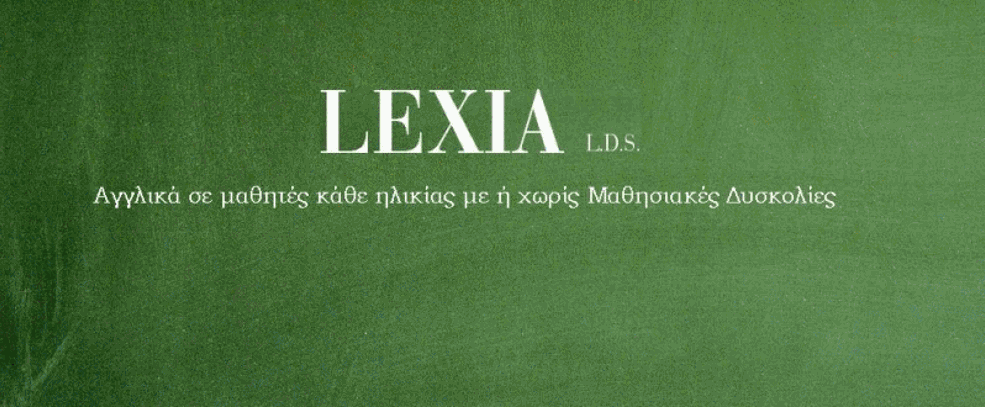Modals in the Past
| can't have | could | could have | couldn't | couldn't have |
| didn't need to | had to | may have | may not have | might have |
| might not have | must have | needn't have | ought not to have | ought to have |
| should have | shouldn't have | would have | would not |
| Παραχώρηση αδείας e.g. When I was a teenager, I could go out as late as I wanted. |
|
| Γενική ικανότητα e.g. Tom could walk by the age of 8 months. |
| Ανεκπλήρωτη πιθανότητα e.g. I could have passed my driving test if I'd really tried. |
|
| Αβεβαιότητα e.g. I guess it could have been Sandra on the phone. |
| Στέρηση αδείας e.g. When I was a teenager, I couldn't stay out as late as I wanted. |
|
| Γενική ικανότητα e.g. I couldn't walk until I was 2. |
|
| Ικανότητα σε μία συγκεκριμένη περίπτωση e.g. I tried hard but I couldn't persuade him to go to the party with us. |
Μη απαραίτητη πράξη που δεν έγινε
e.g.
As I was alone this weekend, I didn't need to do any cooking (so I
didn't).
|
υποχρέωση
(τύπος αορίστου του must)
e.g. I couldn't go
out last night because I had to do my homework.
|
| Ανεκπλήρωτη πιθανότητα e.g. You might have been killed! |
|
| Αβεβαιότητα e.g. I guess I might have been a bit hard on her when she came home an hour late. |
|
| Ενόχληση για την αποτυχία κάποιου να κάνει κάτι e.g. You might have told me that you had invited all your colleagues round for dinner! |
|
| might have known +
would (ιδιωματισμός για να εκφραστεί ειρωνικά ότι η πράξη κάποιου ήταν συνηθισμένη) e.g. I might have known that he would finish with me as soon as he found out I wasn't wealthy! |
| Βεβαιότητα e.g. He must have known how much it was going to cost. (I'm sure he knew.) |
|
| Με το surely σε αναφωνήσεις e.g. Surely he must have known how much it was going to cost! |
Κριτική
(πιο σύνηθες είναι το shouldn't have)
e.g. You ought not
to have been so frank with him.
|
Προσδοκία
Why is she
late? She should have arrived by now!
|
|
| should have + ρήματα σκέψης e.g. I should have thought you knew. |
|
| με το be και επίθετα, για να περιγράψουμε την τύχη/σύμπτωση e.g. It was weird that you should have been staying in the same hostel last month. |
|
| Κριτική (δεν έκανες κάτι, αλλά θα ήταν το σωστό να το κάνεις) e.g. The party was such fun last night! You should have come! |
Κριτική
e.g. You shouldn't
have been so frank with him.
|
|
Ευγενική έκφραση ευχαριστηρίων για την λήψη ενός δώρου ή χάρης
"Here's a
bottle of wine for you"
"Oh, you
really shouldn't have!"
|
| Πράξεις του παρελθόντος οι οποίες δεν συνέβησαν e.g. I wouldn't have gone out with him, but he didn't ask me. | |
| Υποθέσεις e.g. Oh, that would have been Sarah on the phone just now. |
| would not | Απροθυμία e.g. I asked Tom to close the window, but he wouldn't do it. |




Δεν υπάρχουν σχόλια:
Δημοσίευση σχολίου